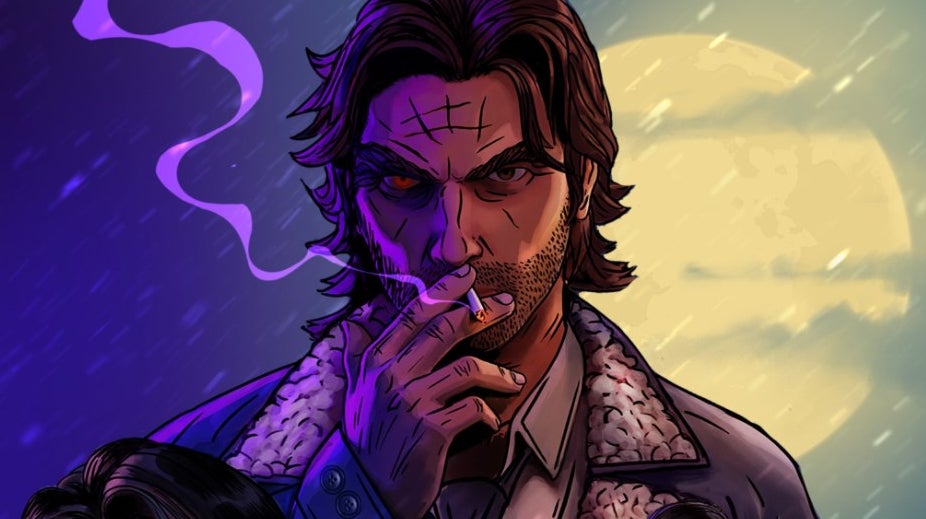Fables author and artist Bill Willingham – yes, the same Bill Willingham behind Telltale’s The Wolf Among Us game – has put the rights to the Fables intellectual property into the public domain.
“As of now, 15 September 2023, the comic book property called Fables, including all related Fables spin-offs and characters, is now in the public domain,” Willingham wrote on his substack. “What was once wholly owned by Bill Willingham is now owned by everyone, for all time. It’s done, and as most experts will tell you, once done it cannot be undone. Take-backs are neither contemplated nor possible.”
Wondering why Willingham has done this? You’re not alone. The author said he’s made the decision to move everything into the public domain for “a number of reasons”, including “practicality” – Willingham feels much has changed since he first signed his contract with DC Comics – and “philosophy”, as his “thoughts on how to reform the trademark and copyright laws in this country (and others, I suppose) have undergone something of a radical transformation”.
“At one time the Fables properties were in good hands, and now, by virtue of attrition and employee replacement, the Fables properties have fallen into bad hands,” Willingham said.
“Throughout the years of my business relationship with DC, with Fables and with other intellectual properties, DC has always been in violation of their agreements with me,” he alleged in his statement.
Interestingly, Willingham specifically called out Telltale’s first Fables game, The Wolf Among Us, too, intimating that DC permitted Telltale to “radically alter” his “characters, settings, history, and premises of the story” and alleging that DC “tried to hide” the script from him, as well as withhold “any money for licensing the Fables rights to third parties”.
“DC officers admitted that their interpretation of our publishing agreement, and the following media rights agreement, is that they could do whatever they wanted with the property,” Willingham wrote.
“They could change stories or characters in any way they wanted. They had no obligation whatsoever to protect the integrity and value of the IP, either from themselves, or from third parties (Telltale Games, for instance) who want to radically alter the characters, settings, history and premises of the story (I’ve seen the script they tried to hide from me for a couple of years). Nor did they owe me any money for licensing the Fables rights to third parties, since such a license wasn’t anticipated in our original publishing agreement.”
